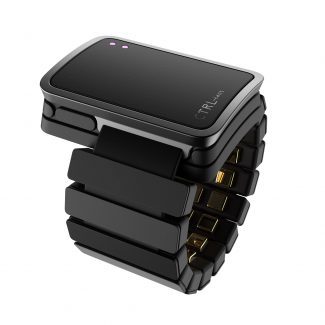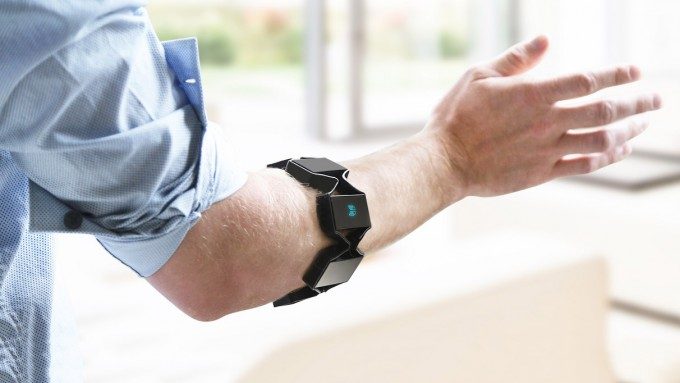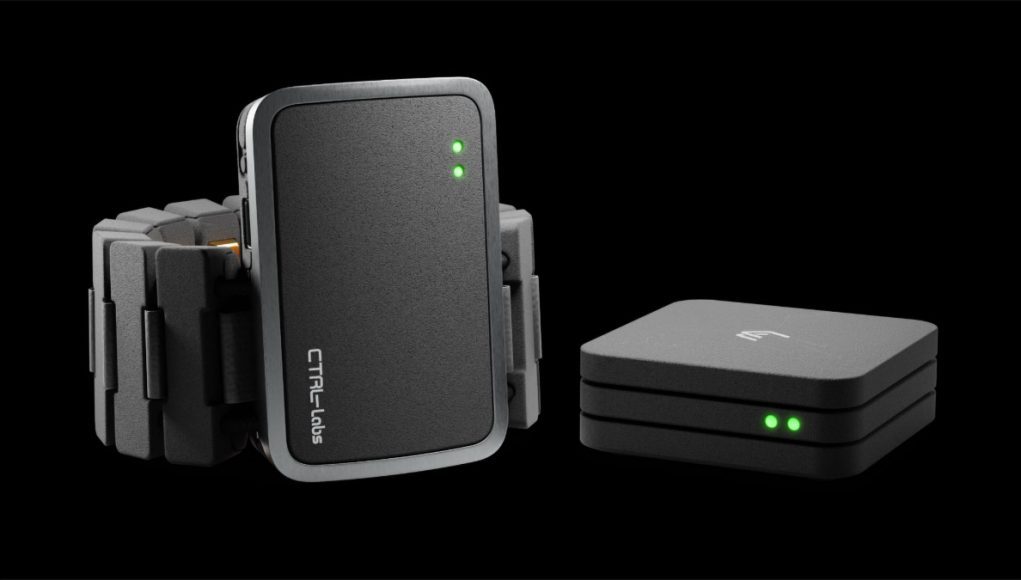Facebook announced today plans to acquire CTRL-Labs, a brain-computer interface startup developing hardware and software for decoding electrical activity from the brain to be used for computer input. Facebook says that with the company’s expertise, it plans to develop a wrist-worn neural input device.
Facebook’s VP of AR and VR, Andrew “Boz” Bosworth, announced the planned acquisition of CTRL-Labs via his Facebook page today. Bosworth said that the company will join the Facebook Reality Labs team, Facebook’s VR and AR research and development group. The price of the acquisition was not announced; founded in 2015, CTRL-Labs had previously raised $67 million in funding over three rounds of investments, according to Crunchbase.
Bosworth said that Facebook will continue to pursue CTRL-Labs’ effort to build a wrist-mounted neural input device which can detect and decode both muscle activity and electrical activity from the brain, allowing for both motion-based tracking and control as well as ‘intention-based’ input.
“We know there are more natural, intuitive ways to interact with devices and technology. And we want to build them […] we hope to build this kind of technology, at scale, and get it into consumer products faster.” Bosworth wrote. “Technology like this has the potential to open up new creative possibilities and reimagine 19th century inventions in a 21st century world. This is how our interactions in VR and AR can one day look. It can change the way we connect.”
 CTRL-Labs was already building a dev kit of such a device called CTRL-kit. The wrist-worn device is described as a “non-invasive neural interface platform that lets developers reimagine the relationship between humans and machines with new, intuitive control schemes.” The kit was “in preview for select developers” but not yet openly available at the time of the acquisition.
CTRL-Labs was already building a dev kit of such a device called CTRL-kit. The wrist-worn device is described as a “non-invasive neural interface platform that lets developers reimagine the relationship between humans and machines with new, intuitive control schemes.” The kit was “in preview for select developers” but not yet openly available at the time of the acquisition.
In addition to the hardware itself, a major part of the company’s focus has been using machine learning to decode signals detected in the wrist and turn them into useful digital input. The company believes that achieving that goal will allow users to one day have seamless control over electronic devices, which Facebook clearly believes could extend into the AR and VR realms too.
If you’re thinking some of CTRL-Labs’ work looks and sounds familiar, it isn’t déjà vu.

Startup Thalmic Labs was working on a similar premise for a wrist-worn input product called Myo. Though the company did take their product to market they ultimately made a hard pivot away from a wrist-worn wearable, discontinuing Myo and rebranding themselves to ‘North‘, ahead of launching their ‘Focals’ smartglasses in late 2018. The company was apparently quite certain they no longer wanted to pursue the wrist-mounted approach that they actually sold related patents to CTRL-Labs earlier this year.
As with Myo before it, the big question for the CTRL-Labs Facebook wrist-worn input device is how precise it can potentially be. While Myo allowed for coarse gestures suitable for the likes of ‘play, pause, next track, etc’, its inputs were nowhere near the fidelity needed for active AR or VR input. However, with mostly passive smartglasses likely to be the first step toward active AR devices, even coarse input would pair well with early use-cases.
From the outside, it looks like Facebook is betting that its expertise in machine learning will pair well with CTRL-Labs’ vision of one day delivering precise and reliable inputs from a wrist-worn device… one which would ultimately serve as a primary input device for Facebook’s upcoming AR headset.







